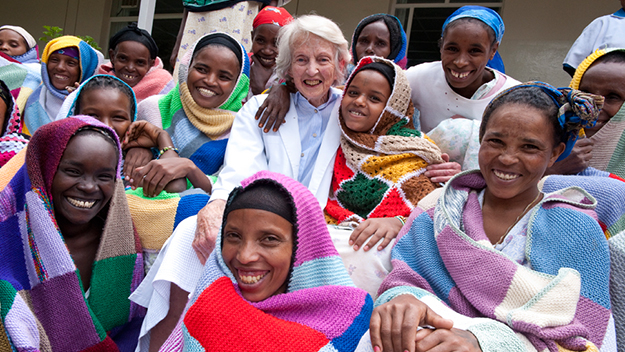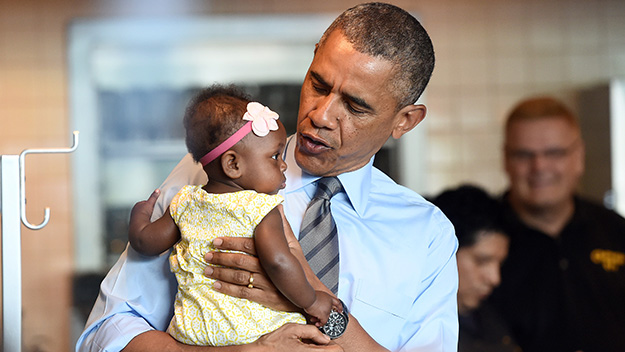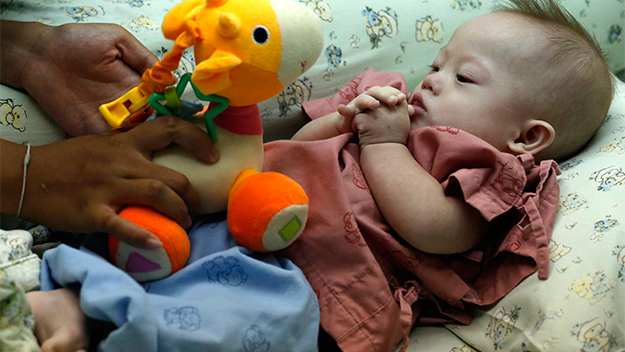‘Obstetric Fistula’ is not a medical term most of us are familiar with in Australia. Most of us birth our babies in hospitals, with any complications sorted out by midwives and doctors. In Ethiopia, fistulas from childbirth effect thousands of women a year – leaving them permanently incontinent and incapacitated, shunned from their family and community.
Good maternal health care is something we largely take for granted in Australia. We get pregnant, we have a baby, and if we have any gynaecological problems, they are generally taken care of at the time of birth, or shortly after.
We are, after all, the lucky country.
Just how lucky we are becomes apparent when you consider the plight of Ethiopian women, where labours become a risky game of chance between severe infection and death.
Hamlin Fistula CEO Lucy Perry says “if labours get tricky in Australia, you have a caesarean. In Ethiopia they labour and labour and labour… for days and days and days.”
“[Women] stay at home til their baby dies, with the pressure of the baby against the body creating holes between the bladder and the vagina, or vagina and rectum – or both – meaning the mother is left with incontrollable incontinence.”
Repairing and preventing these severe childbirth injuries has been the lifelong work of Dr Catherine Hamlin AC, who since the 1950s has lived and worked in Ethiopia. She runs the Addis Ababa Fistula Hospital, along with five regional centres that treat patients closer to home.
Lucy says, unfortunately, her work is far from over.
“Catherine is 90 now and still working six days a week. The population of Ethiopia is growing at such a rapid rate that there are still at least 9000 women suffering fistulas every year,” she says, adding that “it’s estimated another 9000 women are dying in childbirth from what are preventable injuries.”
“Beyond treating fistulas, we are working to train enough midwives to prevent these devastating injuries from occurring in the first place at the Hamlin College of Midwives. Catherine’s vision is for women to have a clean, safe birth.”
While inspiring, the work of Hamlin Fistula Ethiopia seems insurmountable: at last count the population was nearly 92 million, with just 131 hospitals in the entire country, but Lucy Perry is undeterred.
“Most of our women go home cured, completely dry. It’s literally a life-changing operation. Many of the operations take as little as 1.5 hours, with women given a few weeks to heal in hospital, time to eat well and be treated by doctors, nurses and physiotherapists.
“As well, we give them lots of rest and basic literacy and numeracy lessons – women go home having experienced education for the first time.”

Mothers in Ethiopia
Lucy says seeing the women leave the Addis Ababa Fistula Hospital makes her job rewarding. “We give them a new dress and a new shawl, remembering that these women only ever had one dress – watching their happy faces as they go home is what suckers you in, and you keep coming back for more,” she says.
Each operation costs around $600, which includes rehabilitation and education for the patients. Lucy says some women in Australia spend the same on a day spa experience, or day’s shopping. “It may sound like a lot, but $600 changes the lives of these women. We treat the whole patient, not just their fistula,” she says. “Women walk for days to get to our centre, risking humiliation and further infection because of their injuries.
“We help them repair – mentally and physically – so they can move on with their lives. Vaginal surgery is not very glamorous, but it is essential for these women to return to their families and communities.”
This June, Hamlin Fistula Ethiopia is trying to fund 1000 fistula operations. To donate $600 as an individual, team or business, click here.


